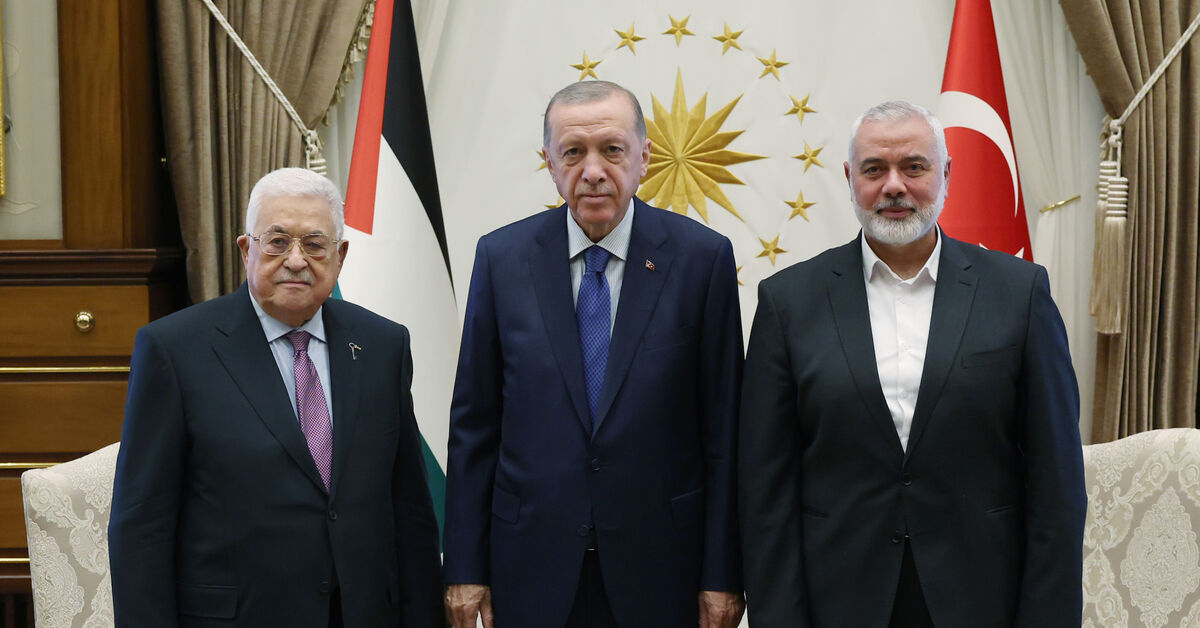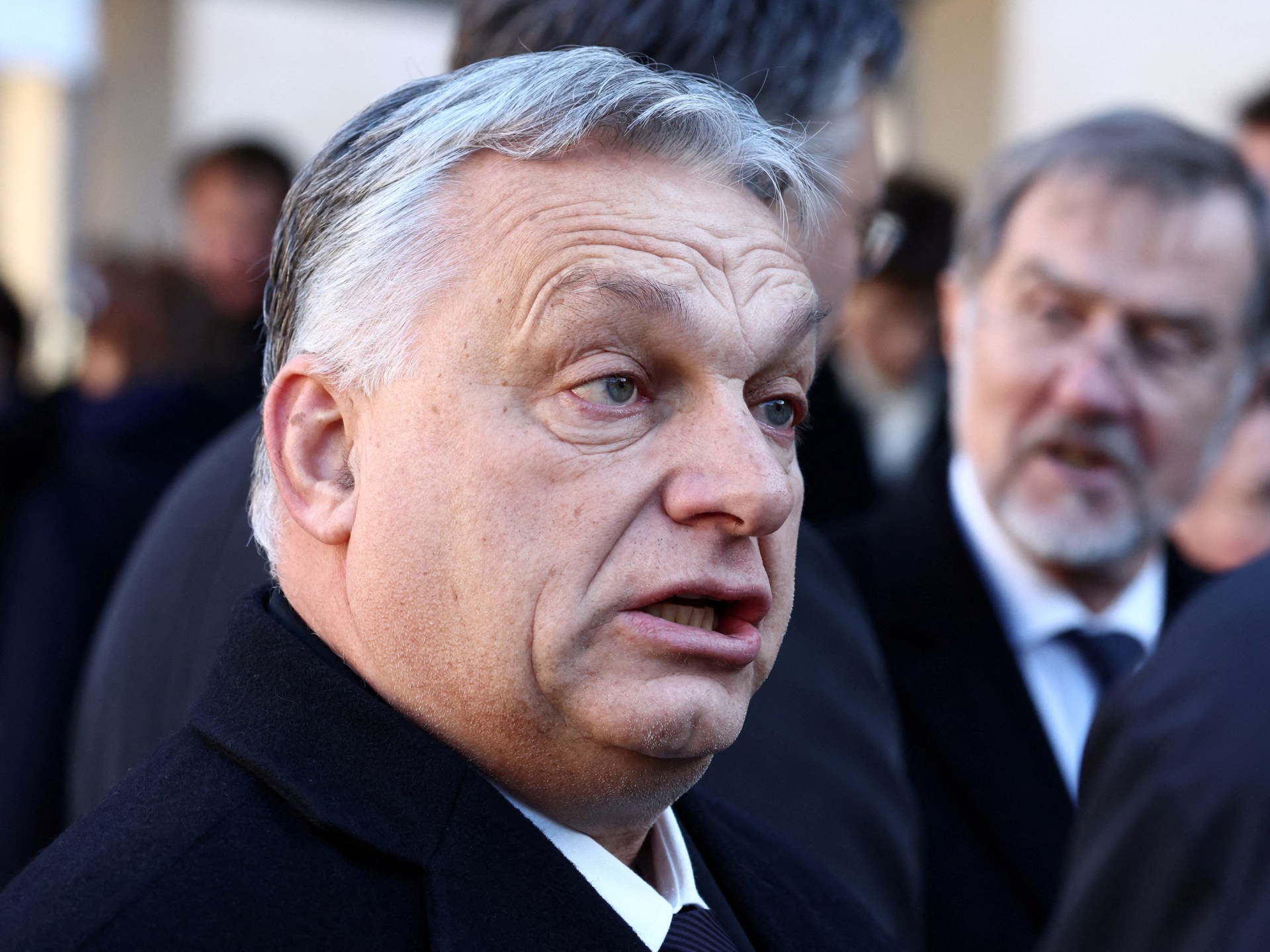A holy war
At stake are the holy privileges neither politicians nor judges intend to give up. They may shake hands though. But better if everyone agrees to surrender all of the "bio-chemical weapons" in their possession. A peace based on everyone holding onto their arsenals of weaponry is simply no good for the country.
After a flurry of scandals involving top judges — more in the past few months than in the entire republican history — the Court of Appeals, the holy institution at the center of these scandals, released a communique. Its contents smell of the standard reflex of protecting the "sanctity of the state," (the judiciary in this case) and, inevitably, the denial of what everyone knows. More importantly, the communique is possibly the first shot in a future war between politicians and judges.
The communique came only a few days after Eraslan Ozkaya, the president of the Court of Appeals, was cleared of all charges against him by a disciplinary probe by his own staff. Mr. Ozkaya had admitted having discussed with a senior intelligence officer the criminal case against Alaaddin Cakici, a former "grey wolf" and a mob leader. To repeat Mr. Cakici’s advice on his way to Turkey following an extradition order from an Austrian court, "Mr. Ozkaya should be more selective about his friends." Perhaps he will be. But he behaves as if nothing has happened, and as if all Turks are ignorant.
Anyway, according to Mr. Ozkaya and his Court of Appeals, all of what was splashed across the front pages of the newspapers is merely, "A campaign of defamation." There may be some truth in that. The reason why, all of a sudden, the records of telephone conversations between senior judges and corporate/underground figures leak into the media may contain some hint of corporate warfare. And yes, why not; such leaks have never happened in Turkey before!
All the same, regardless of any good/evil reason, there is already too much public information about "the system at work." Well, the good news is that these shady affairs are now in the public domain. But the bad news is that these few, but stunning, examples are possibly only the tip of a very big iceberg.
The communique from the Court of Appeals headquarters also argues that the privileges the judges enjoy are not privileges but are "a guarantee for justice for all." Sometimes one does not know whether to laugh or cry. If this is the justice as guaranteed by the privileges for the honourable judges, many Turks would prefer injustice — and no privileges for the honorables.
The communique also says that the members of the judiciary are not immune to prosecution constitutionally. There is truth in that, too. In a recent example, an Istanbul judge, who had taken bribes from the mob in return for the illegal sale of hundreds of pieces of property, faced trial and suffered the consequences of his greed: A cruel 1.7 million lira (about one dollar and twenty cents) fine along with a suspension from public service for two months and 27 days was visited upon him for all the crimes he was found guilty of!
Perhaps most interestingly, the communique puts the blame of this "defamation campaign" on statesmen (politicians) and very kindly warns that "everyone could need justice one day."
Justice and Development Party (AKP) bigwigs like Bulent Arinc and Abdullah Gul politely responded to the challenge and the veiled threat from the "justices," but, with the first round of shots already fired, a war may soon break out.
This is a clash of the privileged. The politicians, at least during their service, are immune to prosecution through de jure means. The judges, on the other hand, are immune to prosecution through de facto means. Funny, the privileged classes are at war after decades of a flourishing co-habit. Whatever the reason behind it, this is going to be a holy war.
Justice Minister Cemil Cicek has been suggesting that all privileges be removed — parliamentary and judicial. Who, other than those with evil intentions, could oppose this decent proposal?


